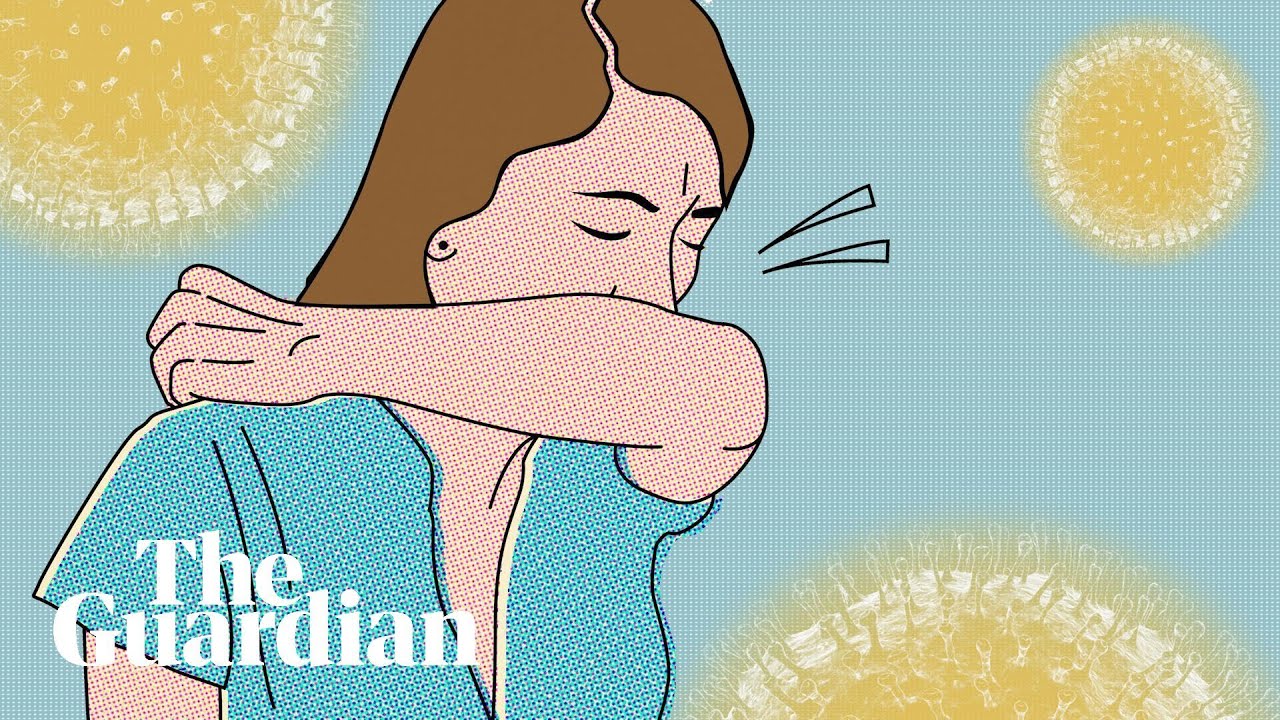The battle against coronavirus has seen the British people put under restrictions which we’ve never ever seen before. People have basically been told to stay at home if they possibly can at all times. What we’ve got now is essentially an Italian or Spanish style lockdown in the UK, where you’re meant to stay at home if at all possible. You’re allowed out to go to the shops but as infrequently as possible to buy food and medicines and just the basic things like that. Go to work but if you can’t work from home, if it’s all possible and the government wants you to do that, you’re allowed out to exercise once a day which you can do on your own or with other people but it has to be with the people you live with. But you’re not allowed to basically see any family or friends other than the people who live with you and you’re not allowed to gather in a group of more than two people unless obviously the household where you live it’s got more than that in, then you can all kind of go out for a kind of mass walk.
You’re allowed to obviously go out to see the doctor and also if you’ve got to carry out basically medical based chore or to help care for someone for example to, you know, drop a food parcel on the doorstep of an elderly parent then that’s fine too. But the kind of watchword is to do this as little as you possibly can and when you are out to keep at least two meters away from every single other person. More or less every business is going to be forced to close, every public facing business with the exception of supermarkets, corner shops, news agents, pharmacies and a handful of other things like, garages and bike shops, launderettes and, you know, things like that.
But unless you go into one of these places then you really shouldn’t be going out. Any kind of gathering or any kind of leisure is banned, so gyms have been closed, parks can be kept open but playgrounds and outdoor gyms will be closed, hotels and caravan parks and B&Bs and all those kind of things are going to be shut unless people either permanently live there or if they’re a key worker who needs to live there. Basically no mass gatherings of any sort would be allowed. Ceremonies will be banned … Funerals can take place but anything else like weddings or christenings cannot. The emergency coronavirus legislation is going to let police fine people initially £30 and then the fines can rise. It’s not a 100% clear quite how the police are going to be forcing … If people really, really want to go out, you know, twice then, you know, it is quite tricky. In some European countries, the police have actually asked people to show papers when they leave and, you know, they can kind of tick off as someone’s left where they live once or twice.

But this tradition of policing in the UK is quite different, so I can’t imagine that would be, you know, the way things go. We’re doing this basically to stop coronavirus spreading as rapidly as it could otherwise do. The aim is to stop critical care beds, the kind of intensive care units becoming overwhelmed with very, very ill people who need oxygen, who need ventilators, things like that. The government view is that they have to reduce normal social interaction by about 75% and the measures that have been put in so far … so for example, closing restaurants and pubs and closing schools have done some things but they are not seem to have limited social interactions quite as much. So this is basically the last throw of the dice to try and get people to stay away from each other. Whether or not it works really remains to be seen. The government has been trying to introduce these restrictions kind of bit by bit because the worry is, if you kind of lock people down immediately for weeks and weeks and even months, then people will just eventually understandably get bored, you know, kids go a bit crazy when they’re indoors, they want to see their mates and things like that.
The restrictions, these current ones, these very tough ones are meant to be in until mid-April but I think realistically most people expect them to be until May or even June. How well it will work basically depends on how well people stick to the rules and the government are hoping that this message of ‘is up to you to save lives’ will actually, you know, make people actually do it..
